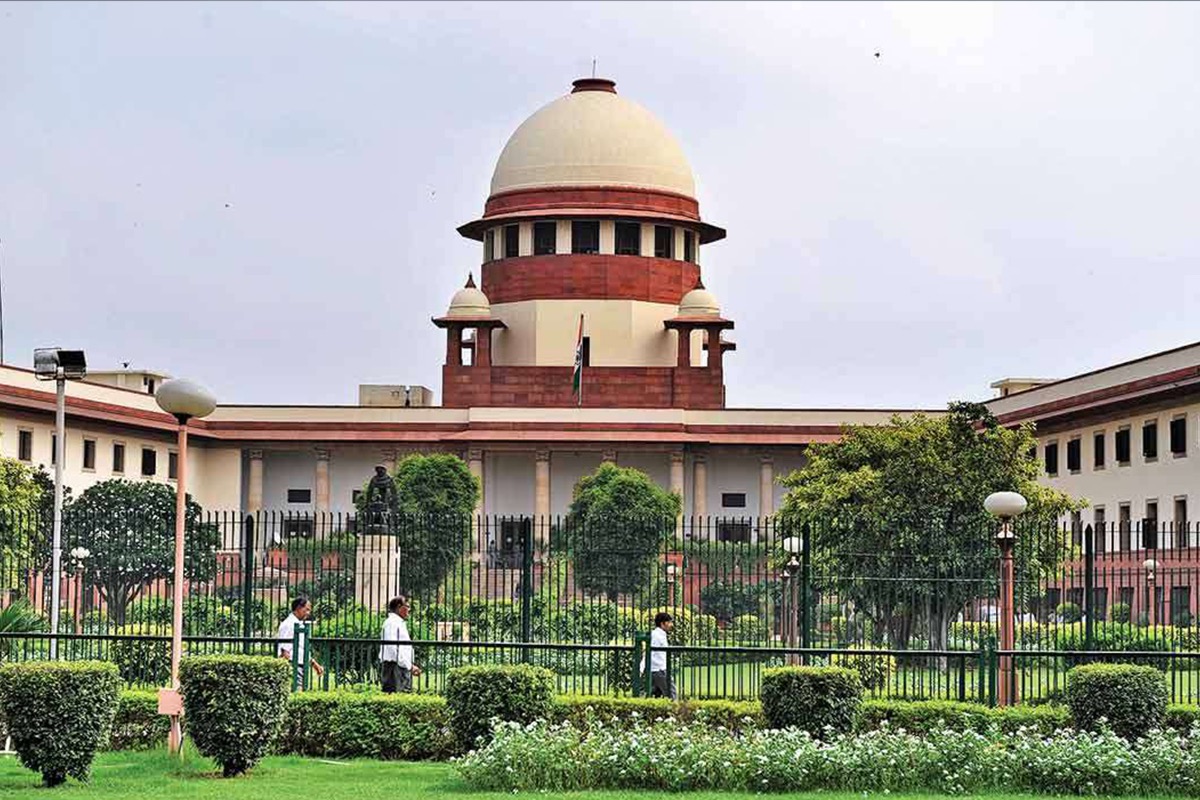NEW DELHI: The Modi government on Thursday informed the Supreme Court that it cannot give a definite timeline for the restoration of statehood to Jammu and Kashmir.
However, the Centre said that J&K’s status as a Union Territory is only temporary and that it is taking steps to ensure its development.
Appearing for the Central government before the apex court on a clutch of petitions challenging the abrogation of Article 370, Solicitor General Tushar Mehta told the court that the UT is ready for elections in all three tiers – panchayat, municipal and state legislature.
READ MORE: When will polls be held in J&K? Revelation on Aug 31
“Centre is ready for the elections any time now,” he said.
He said that the updating of the voters list is substantially over and that the decision to hold elections will be taken by the Election Commission and the State Election Commission.
However, Mehta said that the restoration of statehood to J&K would take time. He said that the Centre is taking certain steps to develop the UT into a state and that these steps can only be taken if J&K remains a UT.
Mehta also provided the court with statistics to show that the situation in J&K has improved since the abrogation of Article 370. He said that terrorist incidents have reduced by 45.2 per cent, infiltration has reduced by 90 per cent, law and order issues have dropped by 92 per cent, and security personnel casualties have reduced by 65 per cent.
READ MORE: Significance of Miss World’s tour to revitalised Kashmir
Kapil Sibal, appearing for one of the petitioners in the Article 370 case, highlighted the numerous instances of internet shutdowns and other infringements of democratic rights in J&K. He said that over 5,000 Kashmiris have been under house arrest and that Section 144 has been imposed across the UT.
Chief Justice of India DY Chandrachud reminded Sibal that the legality of Article 370’s abrogation will be dealt with in a different sitting.
The next hearing in the case is scheduled for October 25.

